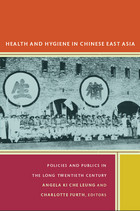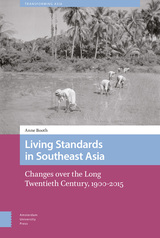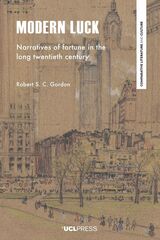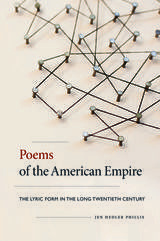
A concise new history of a century of struggles to define Asian identity and express alternatives to European forms of universalism.
The balance of global power changed profoundly over the course of the twentieth century, above all with the economic and political rise of Asia. Asia after Europe is a bold new interpretation of the period, focusing on the conflicting and overlapping ways in which Asians have conceived their bonds and their roles in the world. Tracking the circulation of ideas and people across colonial and national borders, Sugata Bose explores developments in Asian thought, art, and politics that defied Euro-American models and defined Asianness as a locus of solidarity for all humanity.
Impressive in scale, yet driven by the stories of fascinating and influential individuals, Asia after Europe examines early intimations of Asian solidarity and universalism preceding Japan’s victory over Russia in 1905; the revolutionary collaborations of the First World War and its aftermath, when Asian universalism took shape alongside Wilsonian internationalism and Bolshevism; the impact of the Great Depression and Second World War on the idea of Asia; and the persistence of forms of Asian universalism in the postwar period, despite the consolidation of postcolonial nation-states on a European model.
Diverse Asian universalisms were forged and fractured through phases of poverty and prosperity, among elites and common people, throughout the span of the twentieth century. Noting the endurance of nationalist rivalries, often tied to religious exclusion and violence, Bose concludes with reflections on the continuing potential of political thought beyond European definitions of reason, nation, and identity.

Contributors. Warwick Anderson, Charlotte Furth, Marta E. Hanson, Sean Hsiang-lin Lei, Angela Ki Che Leung, Shang-Jen Li, Yushang Li, Yi-Ping Lin, Shiyung Liu, Ruth Rogaski, Yen-Fen Tseng, Chia-ling Wu, Xinzhong Yu


Beliefs, superstitions, and tales about luck are present across all human cultures. Humans are perennially fascinated by luck and by its association with happiness and danger, uncertainty and aspiration. Yet it remains an elusive, ungraspable idea, one that slips and slides over time: all cultures reimagine what luck is and how to tame it at different stages in their history, and our own era is no exception to the rule.
Modern Luck sets out to explore the enigma of luck’s presence in modernity, examining the hybrid forms it has taken on in the modern imagination, and in particular in the field of modern stories. Analyzing a rich and unusually eclectic range of narratives taken from literature, film, music, television, and theatre, from Dostoevsky to Philip K. Dick, Pinocchio to Cimino, Curtiz to Kieslowski, it lays out first the usages and meanings of the language of luck, and then the key figures, patterns, and motifs that govern the stories told about it, from the late nineteenth century to the present day.

Poems of the American Empire argues that careful attention to a particular strain of twentieth-century lyric poetry yields a counter-history of American global power. The period that Phillis covers—from Ezra Pound’s A Draft of XXX Cantos in 1930 to Cathy Park Hong’s Engine Empire in 2012—roughly matches what some consider the ascent and decline of the American empire. The diverse poems that appear in this book are united by their use of epic forms in the lyric poem, a combination that violates a fundamental framework of both genres’ relationship to time.
This book makes a groundbreaking intervention by insisting that lyric time is key to understanding the genre. These poems demonstrate the lyric form’s ability to represent the totality of history, making American imperial power visible in its fullness. Neither strictly an empty celebration of American exceptionalism nor a catalog of atrocities, Poems of the American Empire allows us to see both.READERS
Browse our collection.
PUBLISHERS
See BiblioVault's publisher services.
STUDENT SERVICES
Files for college accessibility offices.
UChicago Accessibility Resources
home | accessibility | search | about | contact us
BiblioVault ® 2001 - 2024
The University of Chicago Press









